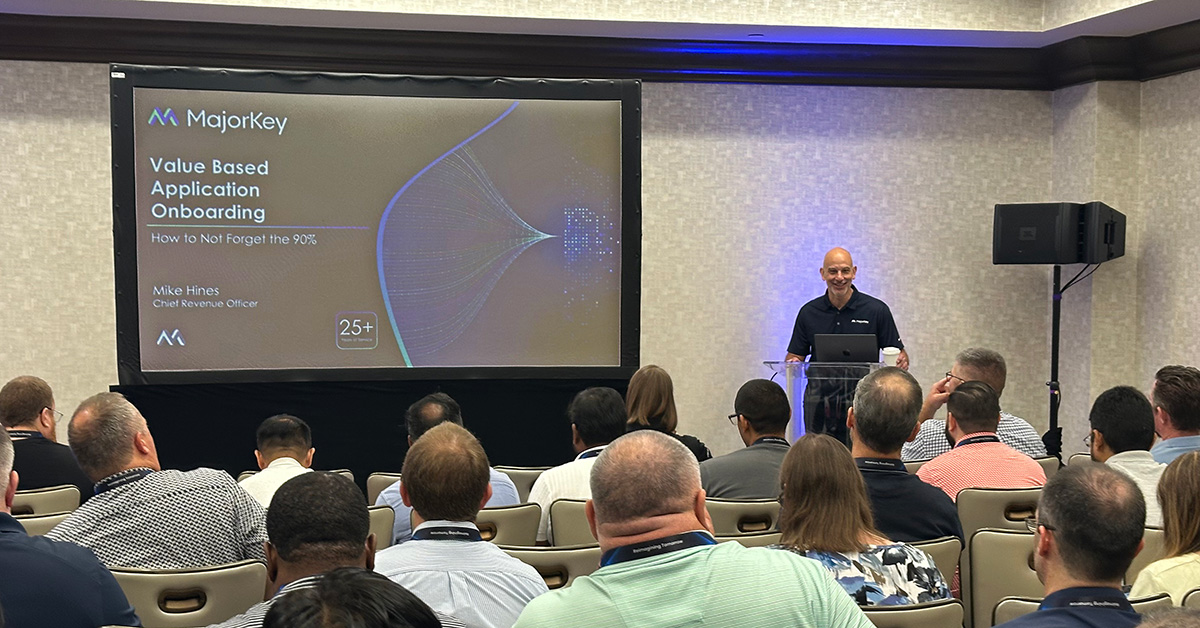Customer Identity and Access Management (CIAM): An In-Depth Overview
December 29, 2023
|
Duration:
5
min READ

Introduction to CIAM
The rapid growth in the number of online interactions and transactions in recent years has driven businesses to search for effective and secure ways to manage and protect customer identities. This challenge has brought Customer Identity and Access Management (CIAM) to the forefront of business and technology discussions.
CIAM is a solution that aims to provide secure, seamless access to public websites and digital properties, significantly improving the customer experience while protecting against identity theft, fraud, and other types of online abuse. It offers organizations a systematic way to manage and protect customer identities, ensuring secure access to applications and services while maintaining robust data privacy.
What is CIAM?
Customer Identity and Access Management (CIAM) is a digital identity management software solution that combines login verification with customer data storage. It's designed to enhance customer sign-up and login experiences while securely managing customer identities.
CIAM provides a centralized customer database that links all other applications and services, enabling a secure and seamless customer experience. It typically includes features like customer registration, authentication, authorization, and profile management, giving customers the flexibility to create and manage their accounts and offering a unified view of customer data across different channels and devices.
List of CIAM Features
Customer Identity and Access Management (CIAM) is a framework comprising business processes, policies, and technologies that manage customer identity authentication and authorization. CIAM plays an integral role in customer-facing applications where users must register identities and create accounts.
A potent CIAM solution combines these 12 features:
- Access Management
- APIs and SDKs (mobile apps)
- Authentication and Authorization (apps)
- Data Access Governance
- Identity Repositories
- Multi-factor Authentication (MFA)
- Password and Consent Management
- Profile Generation and Management
- Reporting and Analytics
- Self-service Registration
- Single Sign-on (SSO)
- Social Identity Registration and Login
The Significance of CIAM for Your Customers and Brand
Protecting your brand means protecting your customer and consumer data.
Consumers increasingly expect seamless, consistent, and secure user experiences across multiple devices, channels, locations, and applications. Over 2/3 of customers don’t trust brands with their personal data. According to a PwC report, 32% of customers will abandon a brand after just one poor experience. Furthermore, a Ping Identity report from 2019 revealed that 81% of customers would disengage with a brand online following a data breach, and 24% would cease all interactions. Thus, the requirement for brands to deliver more robust online security and privacy protections has become paramount.
The primary objective of CIAM is to balance personalized customer experience with strict data privacy and security measures. CIAM helps businesses securely capture and manage customers' identity and profile data, controlling the access to various applications, services, and information. It continuously assesses the trustworthiness of each customer's identity, dynamically adjusting the level of authentication required based on real-time risk assessments, making security visible only when absolutely necessary.
Selecting the Right CIAM Platform
As the range of CIAM use cases expands, more businesses are turning to third-party CIAM suppliers for their customer identity management needs. The appropriate CIAM platform varies depending on the specific business needs. It is advisable to opt for a supplier that offers cloud-based hosting for access to not just the CIAM infrastructure, but also CIAM expertise and assets.
Look for platforms and managed service providers that focus on a seamless customer experience. It allows businesses to personalize each customer's visit with custom login processes, ensuring data protection regulation compliance. According to the Gartner Magic Quadrant for Access Management, published in November 2022, CIAM leaders included CyberArk, ForgeRock, Microsoft, Okta, and Ping.
Key Takeaways
CIAM solutions offer a comprehensive view of customer data, allowing organizations to create personalized and relevant experiences. A robust CIAM solution builds customer trust and loyalty, which is essential in today's digital era, while ensuring compliance with privacy regulations.
In Conclusion
CIAM is critical for organizations dealing with high volumes of external user activity in an ever-evolving digital landscape rife with cyber threats. CIAM solutions not only provide assurances of data privacy but also simplify the online experience for customers across digital platforms, making it an indispensable tool in the modern digital business environment.
Authors
No items found.
Customer Identity
Advisory
No items found.
.svg)



















.svg)
